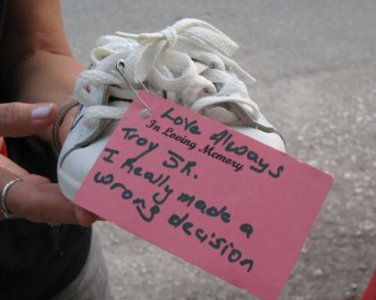
Fourteen of the clinics were ordered to fix problems, The Associated Press reported. The most common deficiencies were failures to properly report medical conditions that qualify as “serious events” and not keeping resuscitation equipment readily available, according to records obtained by The AP. Also cited were issues related to checking on patients after their abortions and practices that raised patient confidentiality concerns.
The grand jury report, which was released in late January, revealed that inspections of abortion clinics ended around 1995, which allowed Kermit Gosnell to operate his “house of horrors” — the Women’s Medical Society in Philadelphia.
The grand jury report reads: “The (Gosnell) clinic reeked of animal urine, courtesy of the cats that were allowed to roam (and defecate) freely. Furniture and blankets were stained with blood. Instruments were not properly sterilized. Disposable medical supplies were not disposed of; they were reused, over and over again. … And scattered throughout, in cabinets, in the basement, in a freezer, in jars and bags and plastic jugs, were fetal remains. It was a baby charnel house.”
Incoming Gov. Tom Corbett has asked his nominees for secretaries of health and state to look into the criticism that the state ceased routine inspections for political reasons, The AP reported. State Sen. Jake Corman, R- Bellefonte, plans to introduce legislation that would provide for the licensing and annual inspections of abortion clinics.
In Maryland, the State Board of Physicians has issued formal charges against Utah abortionist Nicola Riley, who is accused of helping with abortions in Maryland without a license.
Across the country, in California, abortionist Andrew Rutland will lose his medical license for a second time following a homicide investigation by the state Medical Board.












